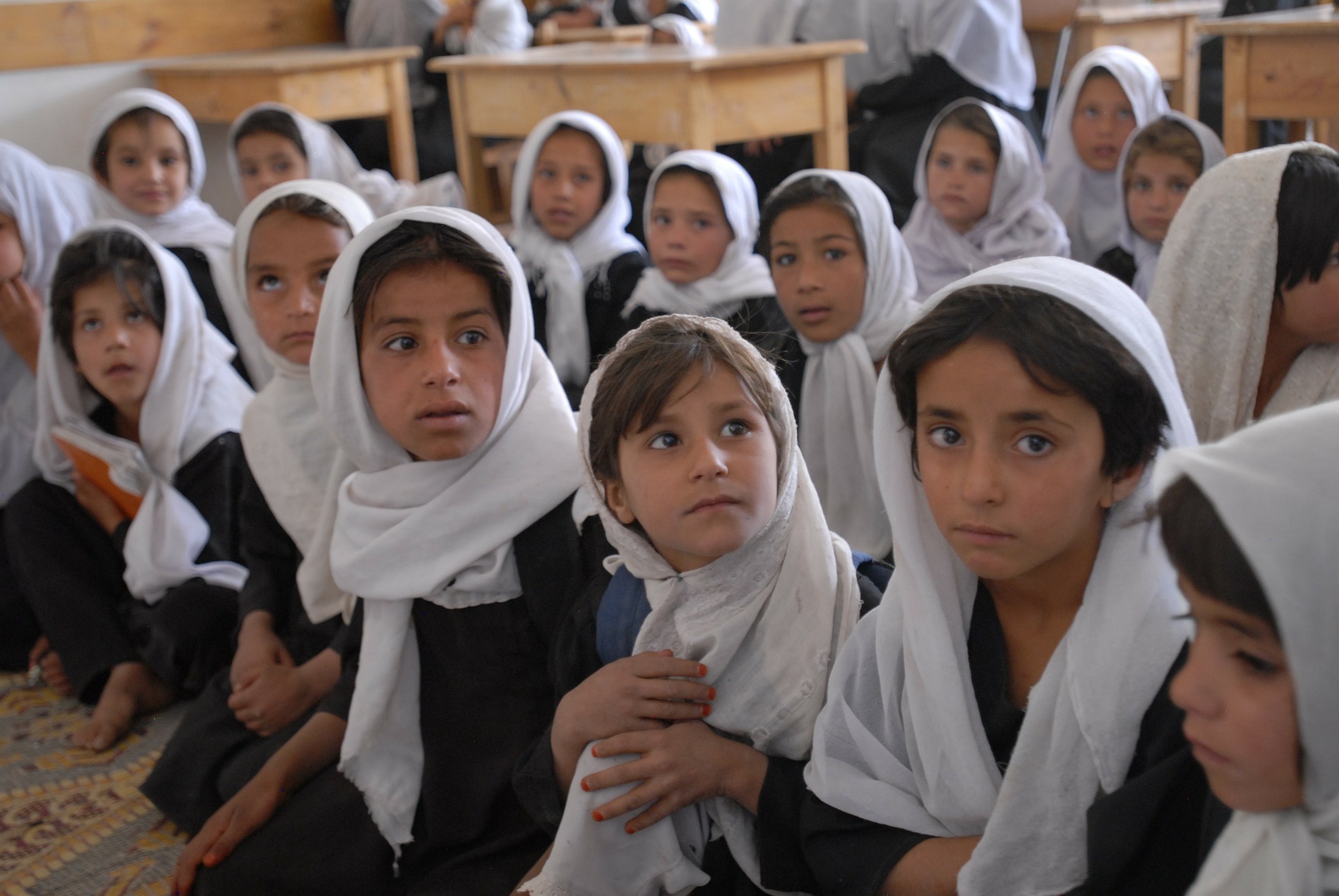The Enterline Study
Historically, military subversion of democracy to promote democracy has never worked. A counterinsurgency strategy that embraces the use of overwhelming force as the cornerstone of its tenet, unlike some analysts have recently implied, is not a “winning” strategy. In a widely circulated report political scientist Enterline and his graduate student Magagnoli, argue that if sufficient military resources are allocated, based on historical evidence, wars against insurgencies can be won. (2. Their analysis is flawed. What they categorize as “wins” actually denote blundering failures in terms of the human toll of the conflicts and the end political result.
According to the study, the list of “winners” of COIN tactics in the post-WWII era includes the French campaign in Algeria. That is a historical blasphemy. Not only because ultimately the French were defeated and Algeria became an independent state but also because of the human toll of the war, one million Muslims and 27,000 French dead, and million injured on both sides. Another “win” is the Second Chechen War. It is true that after a massive Russian assault that leveled the city of Grozny, with a death toll estimated at around 50,000 (mostly Chechen civilians) large-scale fighting has ceased, but sporadic violence still exists throughout the North Caucasus: The Chechen guerrilla resistance throughout the North Caucasus region continues to inflict Russian casualties through bombings and ambushes on the federal troops and forces of the regional governments. The militants have not been defeated. Most likely, they are also familiar with Sun-Tzu’s teachings.
In the Enterline study, Iraq is also classified as a “win”. Ignoring the human toll of that war—thousands of American soldiers dead, tens of thousands crippled and psychologically marked for life (conservative estimates put two out of ten soldiers coming home with PSTD which is almost always chronic and often as ghastly as a missing limb), and millions of Iraqis dead, injured, misplaced—if we only factor in the political end-result, it is safe to say that the only “winner” is the Islamic Republic of Iran, which will, when the dust settles, project its “influence and power” by restoring friendly relations with Iraq. Some of the most respected clerics in Iraq, like Ayatollah Sistani come from Iran. The major militia is Southern Iraq, the Badr Brigade, was trained in Iran, and its officers are mostly Shiites. Add the largely Shiite areas in Saudi Arabia and this informal Shiite “coalition” could include close to seventy percent of the world’s estimated hydrocarbon reserves. The common economic conjecture was that the U.S. would invade Iraq, double its oil production to seven million barrels a day by 2010 and end OPEC’s hegemony. It did not quite work out that way. In fact, chances are: you (unless you are a Halliburton executive) are worse off economically because of the war.
If the data in the Enterline study is closely scrutinized we will come to the sobering conclusion that insurgencies are very tough, if not impossible, to beat using a predominately military strategy. Military analysts, by large, agree that a 20% success rate is realistic, and only when the insurgency has not taken deep roots and does not enjoy popular support. In case of the Taliban, they are deeply embedded in the social milieu, and, although the Afghans may not say this to our faces, they are preferred to the foreign occupiers.
- Andrew J. Enterline and Joseph Magagnoli, “Is the Chance of Success in Afghanistan better than a Coin Toss?” Foreign Policy (December 2009)
…
Courtesy image by Pixabay



